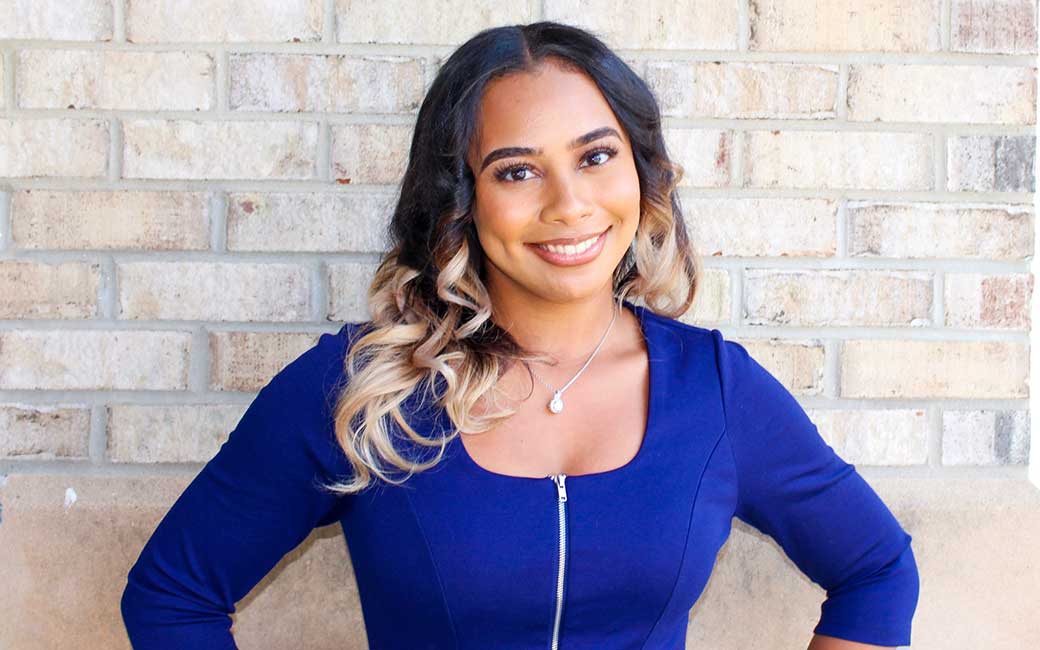Finding the right fit with financial planning
Raquel Tennant brings new perspectives to her profession.

Raquel Tennant was on track for a career in finance until her academic adviser told her about the financial planning track within the business administration major.
“I remember telling her that finance was fine because I was always strong in math,” says Tennant.
“But finance is very market driven and not as people oriented. I wanted to find something that allowed me to use my strength in building relationships with people, and the financial planning program was just that.”
In TU’s Financial Planning program, students work towards earning their bachelor’s in business while taking the classes needed to become Certified Financial Planners (CFPs). Tennant says this aspect made the decision to switch concentrations even easier. TU’s unique program saves students both time and money.
“The CFP profession is based upon the four ‘E’s: education, exam, experience and ethics. For the education aspect, you must have a bachelor’s degree and have completed courses in eight Principal Knowledge Topics in order to sit for the exam. Since TU’s program combines the degree and the knowledge topics, it offers a two-in-one factor,” says Tennant.
“ The financial planning industry is growing with lots of demand for qualified professionals. ”
“I sat for the exam in November and passed on my first time. That’s how TU’s program pushes you forward: I was able to graduate, sit for the exam, and pass the exam; and now I’m doing the experience and ethics portion.”
After working at Wells Fargo Bank, interning at WMS Partners, and gaining hands-on experience to pair with her coursework, Tennant felt qualified and ready for the next step in her financial planning career.
“By the end of my final semester at TU, Dr. Baradwaj told me and the other CFP students about two firms that were hiring – one of them was FAI Wealth Management. I interviewed with them and we hit it off, and that’s where I am now,” says Tennant.
The financial planning industry is growing with lots of demand for qualified professionals. Many firms are starting to tailor their audiences to include a younger and more diverse clientele.
“I’m a young woman of color in the industry – I’m half Black and half Hispanic. I hope, as the industry grows, more women and people of color join the field. If this is an industry that is designed to help people and educate people financially, it must reflect the demand,” Tennant says.
“We need representation. We need perspective. We need people that can bring things to the table and include everyone. I don’t think financial planning should be exclusive; it should be inclusive. Everyone should be able to have guidance on what to do with what they earn.”
Tennant says she made the right decision in choosing the program. Helping others decide how to best manage their money to meet their life goals is rewarding, she says.
“As a financial planner, I have to listen to the meaning behind the questions rather than the surface level question. Sometimes the client wants to know something different than the question they ask,” she says. “I’m almost like a financial therapist.”
By Jenna Harrity, graduate student in Professional Writing